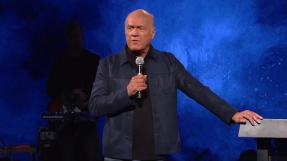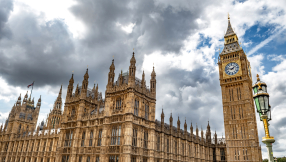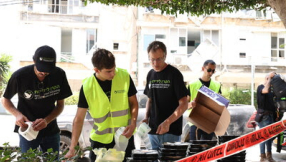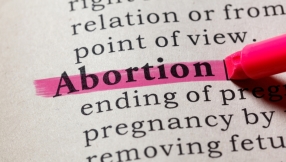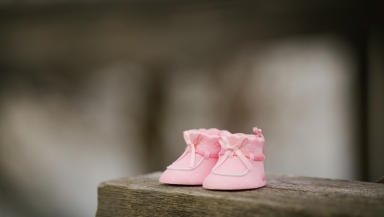
I was incredibly heartened by the results of the state election in South Australia. In a landslide election result, Labor leader Peter Malinauskas pulled off an almost 8% swing against the incumbent Premier Steven Marshall - the first incumbent government leader to lose an election in this pandemic.
He was 'tough on Covid', keeping borders closed and severally restricting unvaccinated people from public life, but it appears the state has moved on and it could well be a sign that Australia more generally has in fact moved on from the pandemic.
But a different question altogether is whether we are seeing South Australians and Australians more broadly moving towards a more humane and pro-life stance on abortion.
Nationwide the Liberal Party are generally known to be the better of the two major parties when it comes to the rights of the unborn. However, this was not the case in South Australia.
Premier Marshall and his Deputy Premier Vicky Chapman led the campaign to legalise abortion up to birth in South Australia despite going against public opinion.
In fact, in stunning scenes last year, over 5,000 people marched against the horrific bill, while only a few hundred showed up for the counter rally.
The Termination of Pregnancy Bill as it was called passed with a few amendments, and at the election, four out of the six Liberals to lose their seats voted in favour of abortion up to birth.
By contrast almost all the Liberal and Labour MPs who voted against the Termination of Pregnancy Bill kept their seats. The New Premier and Labor leader Peter Malinauskas was among those who voted against the bill.
More broadly, it seems that the Liberals who opposed nuclear power, rejected conservative MPs, railed against Christians joining their party, and liberalised abortion and euthanasia laws are being punished for betraying their more socially conservative base. Could this be a sign that Australia or at least middle Australia is pushing back on an aggressive pro-choice lobby and adopting more pro-life policies?
Christopher Brohier, Director of the Australian Christian Lobby in South Australia, said that "the result gave a clear message to parties and MPs that abortion to birth needs to be restricted".
The Parliament has a mandate on it.
Yes you could argue that this a state based South Australian issue that has no bearing on the upcoming election result, but as I have previously written, faith is an underrated issue and many of the staunchest Labor seats in Australia are full of socially conservative people of all faiths who live in the outer suburbs of Sydney.
If the recent opinion polls are to believed, it appears Anthony Albanese may be our next Prime Minister. He is doing a very good job at appearing to be moderate and supported religious freedom under certain conditions, but his history and membership of a Labor Left faction which generally favours pro-choice policies such as abortion up to birth is something pro-life voters should pay attention to.
We have seen in South Australia that the electorate wants abortion up to birth restricted, so life is clearly valued there.
With less then eight weeks to go until the rest of Australia goes to the polls, both major parties need to take note of the SA state election result.
"Family-focused Australians are shifting away from voting for parties, to voting for the candidates who share their values," said Brohier.
"Christians and conservative voters are willing to switch their votes on the basis of issues of life and truth."
Conservatives who might have otherwise voted Liberal at the last election in South Australia have appeared to desert Marshall and have embraced Labor's Peter Malinauskas.
Malinauskas is a socially conservative Catholic with strong family values who not only voted against the Termination of Pregnancy Bill but also against the decriminalisation of prostitution.
According to Brohier, the evidence shows that many conservatives and Christians voted Labor for the first time largely on the issues of abortion and Malinauskas' strong family values.
It sends a message to conservative parties that Christian voters will shift if the party adopts anti-life and anti-truth legislation, but it is also a message to the more progressive parties such as the ALP that they can gain that same vote if they support life and truth in their legislation.
Standing on the side of life and truth may well go a long way to determining who holds government in Canberra.
Ben Kruzins is a Pastor of The Hub Baptist Church in Regional New South Wales Australia. He has written articles in The Canberra Times and The Sydney Morning Herald.










